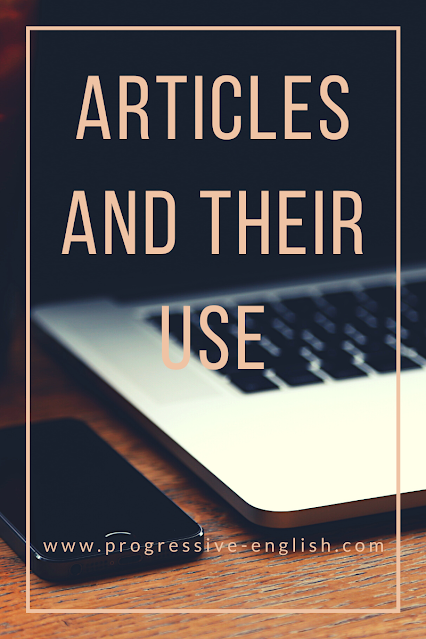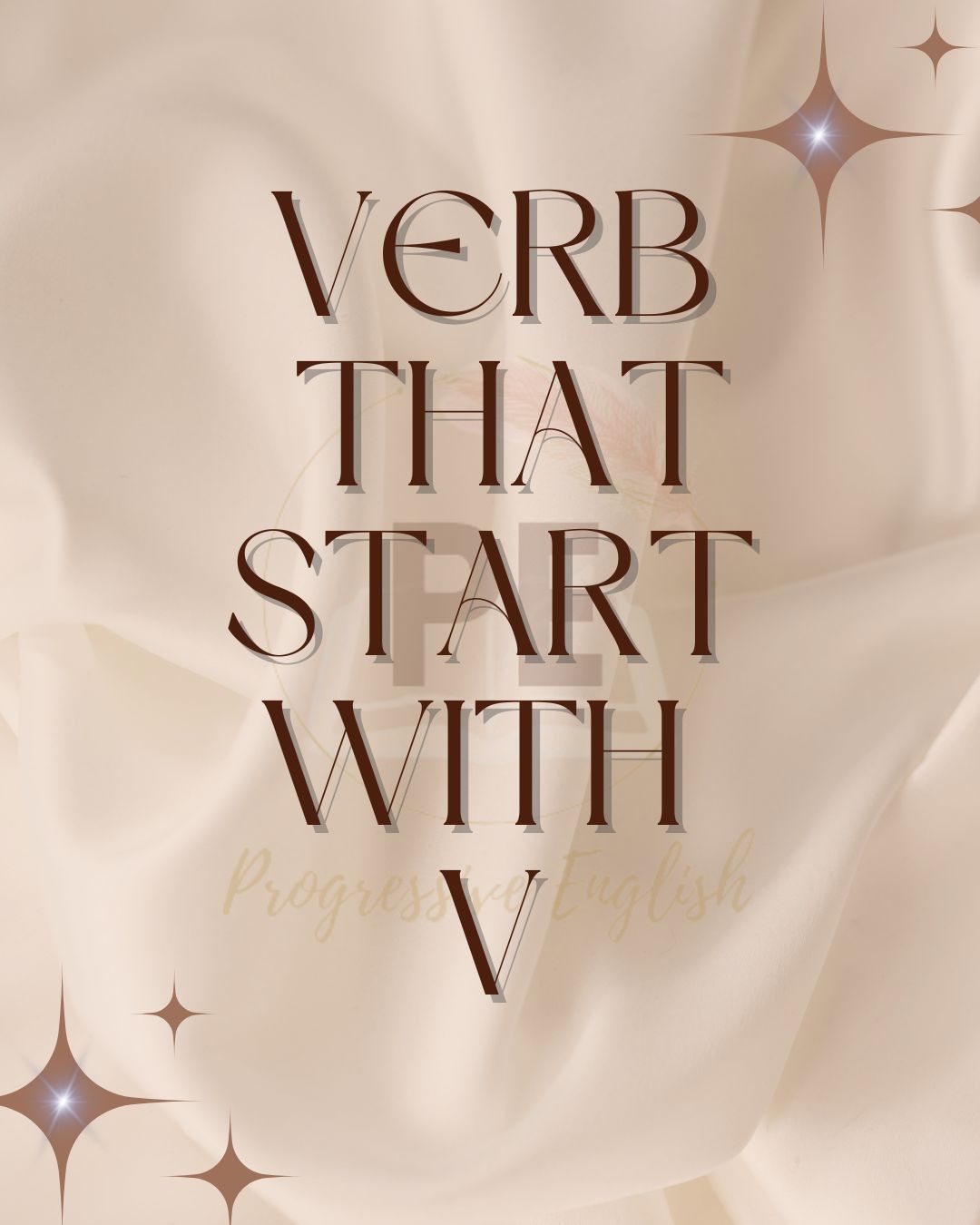Read the following passage
Once upon a time, an old king lived in his castle. The King had a beautiful daughter. She was an honest girl The castle was her home.
In the passage above the words a, an, and the are used
These are called articles.
TYPES OF ARTICLES:
Articles are of two kinds
1. Indefinite Articles: A. An
2. Definite Article: The
1. The Indefinite Articles
A and An are indefinite articles because they do
Not denote any definite thing. Place, or person When
Once upon a time an
Old king lived in
His castle.” We do not refer to any specific time or any particular king.
2. The Definite Article
The is the definite article It denotes some definite or
Particular thing. Place or person When we say The
Castle was her home”-we mean a particular castle which has already been referred to
Use of “a and “an
A and An mean one, they are used with
Singular nouns only and never with plural nouns
A boys are playing: or, Give me an eggs is
Wrong
Use of A:
(1) A is used before any word beginning
With a consonant sound
A bag
A bill
A cat
A tiger
We put fruits in a bag.
I have to pay a bill.
There is a car in my house.
There lived a tiger in a forest.
(2). A is
Not used before the words beginning
with vowels (a,.e. i. o. u.) or à vowel sound
But when
The vowels have consonant sound a is used before them:
A European,
A one-man show
A one-eyed man
A useful book.
An Englishman is not a European.
Muslim League was not a one-man show.
Ranjit Singh was a one-eyed man.
To acquire a language is a useful thing.
(2) (3).Although a means “one”. It is sometimes used
Before a plural noun is taken as a unit.
A dozen pencils cost two rupees
A few books are required to start a library.
A great many persons died on the spot.
A number of people were lost in the flood.
-Note that plural verbs have been used with plural nouns.
(3) (4). The article a may be used to mean “each
Or “every”
He comes once a week. (once each or every week)
The pills must be given twice a day.
Use of “An”:
(1) The article An’ is used before any word
Beginning with a vowel sound (a. e. i. o. u)
And in a singular number.
An ant is carrying sugar.
An elephant is running in the jungle.
Your friend is an idiot.
An old man spent three days on the sea.
I have an urgent piece of work.
He will come in an hour.
He is an MA in English.
-It is to be noted that when vowels give consonant sound a and not an is to be used
Also, note that when a word begins with a silent
H, an is used instead of a
He is an honest man.
An” is used before m when it gives a vowel
Sound.
He is an M.P (Member of Parliament).
Use of “The
The is the definite article, and is used:
(1) To denote some particular person, place, or thing
This is the man who killed his friend.
This is the house I want to purchase.
The pen I purchased yesterday is lost.
(2). The is used, when a person or a thing al
ready mentioned is pointed out.
Read the example below carefully
An old man lived in this house
The house was in a bad condition.
The old man had no one to look after him.
(3). The is also used when a common noun
Used to represent a whole class in the sense of any’
Or ‘every’
The beginner must be careful in riding a bicycle.
The dog and the cat are enemy of each other.
The tiger is a strong animal.
(4). The is often used with an adjective to give a plural sense
to a noun representing the whole class
The dead are at peace (All dead persons)
The rich are getting richer and the poor are getting poorer
The blind were kept in a house.
(5). The is used before the names of rivers, mountains,
Seas, gulfs, groups of islands, ships, newspapers, nations, and
Some heavenly bodies.
The Indus is the longest river in West Pakistan.
Mount Everest is the highest peak of the Himalayas.
The Atlantic Ocean is between Europe and America.
The Arabian Sea is to the south of West Pakistan.
The gulf of Cambay is a big gulf.
The West Indies is a group of islands near America.
He always reads The Times (Newspaper).
The Safina-e-Nusrat (ship) set sail yesterday.
The Swiss are a peace-loving people.
The Milky Way was shining like silver dust.
The sun will set and the moon will rise.
(6). The is used before proper names meaning a family
The Kennedy family visited Canada
.Also before some cities.
The Hague is the capital of the Netherlands.
-Also before some provinces
The Punjab is now part of West Pakistan.
(7). The is used with the superlative degree of an adjective
Everest is the highest mountain peak.
Khalid is the most intelligent boy of
our school.
(8). The is used before the comparative degree of an adverb
The more you have, the more you want.
The more I drank. The more thirsty I felt.
(9). The is used before a proper noun to give it a sense of common noun with force.
Kalidas is the Shakespeare (-best dramatist) of India
Gama is the Rustum (-most powerful man)
Of India.
(10). The is generally used before dates when they come in a sentence.
The Quaid-e-Azam was born on the 25th of December
You are invited on the 10th of March.
ARTICLES ARE NOT USED BEFORE.
(1) Proper material or abstract nouns
Tariq was a Muslim conqueror (Proper noun).
All that glitters is not gold.
(Material noun)
Beauty cannot be described.
Note But the is used before certain proper names (see (5) & (6) above). And also when a proper name is used as a common name [see (9) above.]
(2) The is not used with the Common Nouns used in the widest sense.
Man is a social animal.
Dogs are faithful to their masters.
Parents love their children.
Boy’s always want to play.
(3) In certain idiomatic phrases A. An, and
The are not used.
In the following examples (x) shows
The place where article should not be used.
1. Extravagance and poverty go (x) hand in
(x) hand.
2. He did not give (x) ear to my advice.
3. The Greeks fought to (x) death. But lost.
4. Out of (x) sight, out of (x) mind.
5. In a moment the rabbit was out of (x) sight
6. Soon the two boys came to (x) blows
7. Columbus was the first European to set (x) foot on America
8. I told him not to lose (x) heart
9. He will not take (x) offense even if you slap him.
10. I do not want to leave (x) home.
11. Paper catches (x) fire very quickly.
(4) Articles are also omitted in such phrases.
1. I shall go there by (x) sea (by air. By land,
By the river, by ship, by bus, by train, by day, by night)
2. Come to meet me at (x) home.
3. He goes to (x) school every day.
4. Honey is made by (x) bees.
5. Some men do not eat (x) meat (rice, sweets)
6. Some people like to smoke (x) Tobacco
7. He has enough money in (x) hand
8. The enemy came at (x) sunrise. (dawn night)
(5) A and An are not used when the noun is not countable.
It is wrong to say Give me a tea.
(correct Give me a cup of tea)


